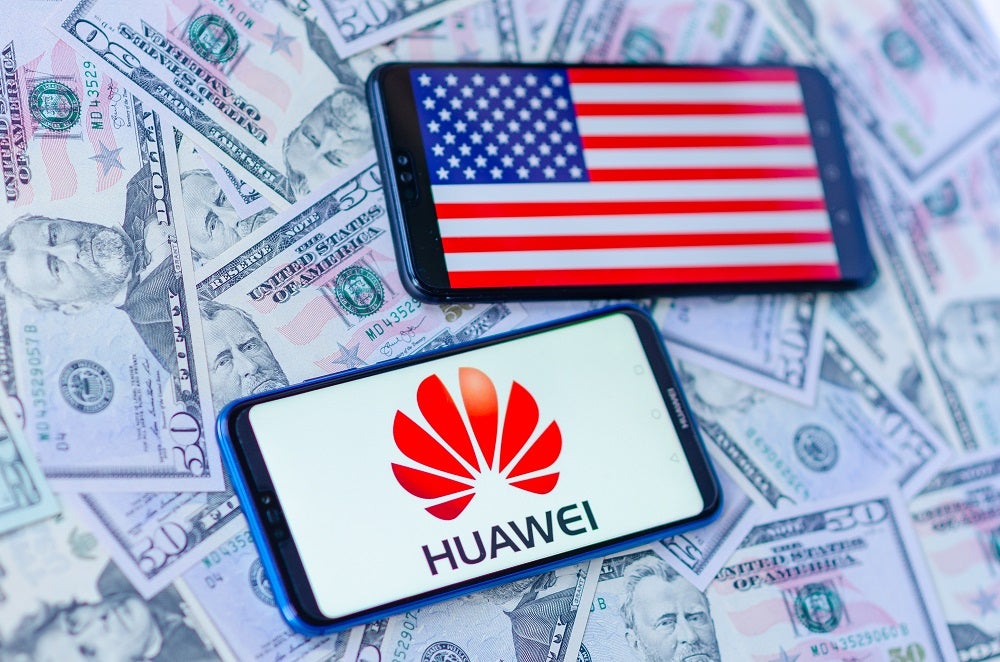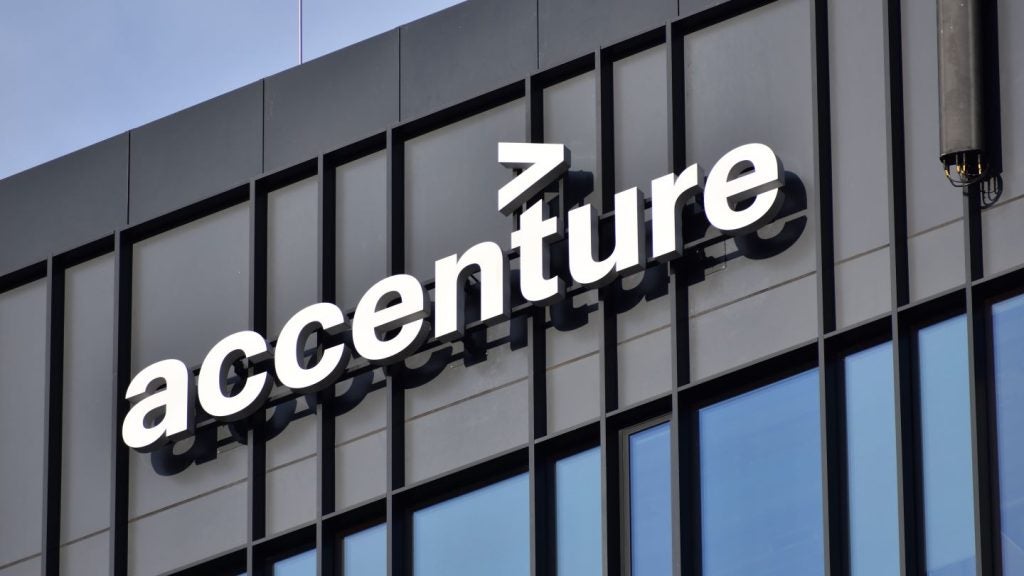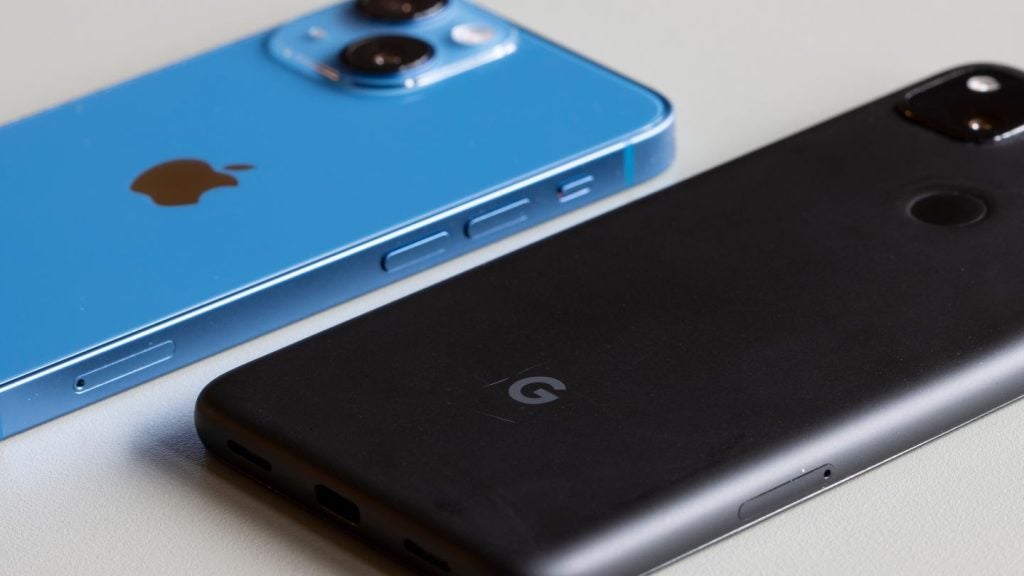US Attorney General William Barr raised eyebrows by suggesting in a February 6 speech that the US and its allies should consider buying a controlling stake in Nokia or Ericsson. Unfortunately, his comments are naïve, uninformed, and ultimately damaging to US telecoms vendors.
Giving the keynote address at the US Department of Justice’s China Initiative conference on February 6, US Attorney General William Barr raised eyebrows by suggesting that the US and its allies should consider buying a controlling stake in Nokia or Ericsson. The argument is that, while both vendors have proven successful in managing customers’ migration from 4G to 5G, they lack Huawei’s scale, as well as the backing of a powerful country such as China.
Barr’s statement in light of frequent – and unproven – accusations that Huawei is controlled by the Chinese Government is surprising. Beyond that issue, however, Barr’s proposal would lead to very practical concerns that make it a non-starter:
- Unless the U.S. and allies take equal stakes in both Ericsson and Nokia, there would be a clear differentiation between the ‘government-approved’ and non-government approved vendor. This, in turn, would greatly weaken the position of the one with a lower equity stake
- ‘Controlling stake’ would require significant investment that, in the US’ case, would presumably need to be approved by Congress, which holds the ‘power of the purse.’ Given Congress’ recent inability to get very much accomplished, this seems highly unlikely
- A nation purchasing a controlling stake in a private company is considered by many a form of socialism, and it juxtaposes awkwardly against many of the themes embraced by the Trump re-election campaign.
Barr’s speech is also concerning because, after accurately pointing out that the US does not have any RAN providers with much scale, he went on to downplay current efforts by open RAN proponents to build a potentially disruptive new approach to radio architecture that could dramatically reduce buildout and operational costs for operators (and, by the way, lower costs for 5G service to customers).
Barr’s declaration that open RAN is “completely untested, and would take many years to get off the ground, and would not be ready for prime time for a decade, if ever” no doubt came as a surprise to a host of innovative American telco vendors that are currently in lab trials with open RAN – among them, Mavenir, Altiostar, and Parallel Wireless. Oh yes, and a little US company named Cisco Systems is also an ardent open RAN supporter.
Barr’s shunning of an open RAN also runs counter to a (rare) bipartisan proposal announced in January that – rather than discourage US innovation – would actually bring $1 billion to support open RAN innovation by a handful of promising US vendors. Unlike Barr’s misguided proposal, which is likely to go nowhere, new funding for open RAN could actually foster the kind of innovation that US vendors could use to establish a stronger presence in mobile networks.








